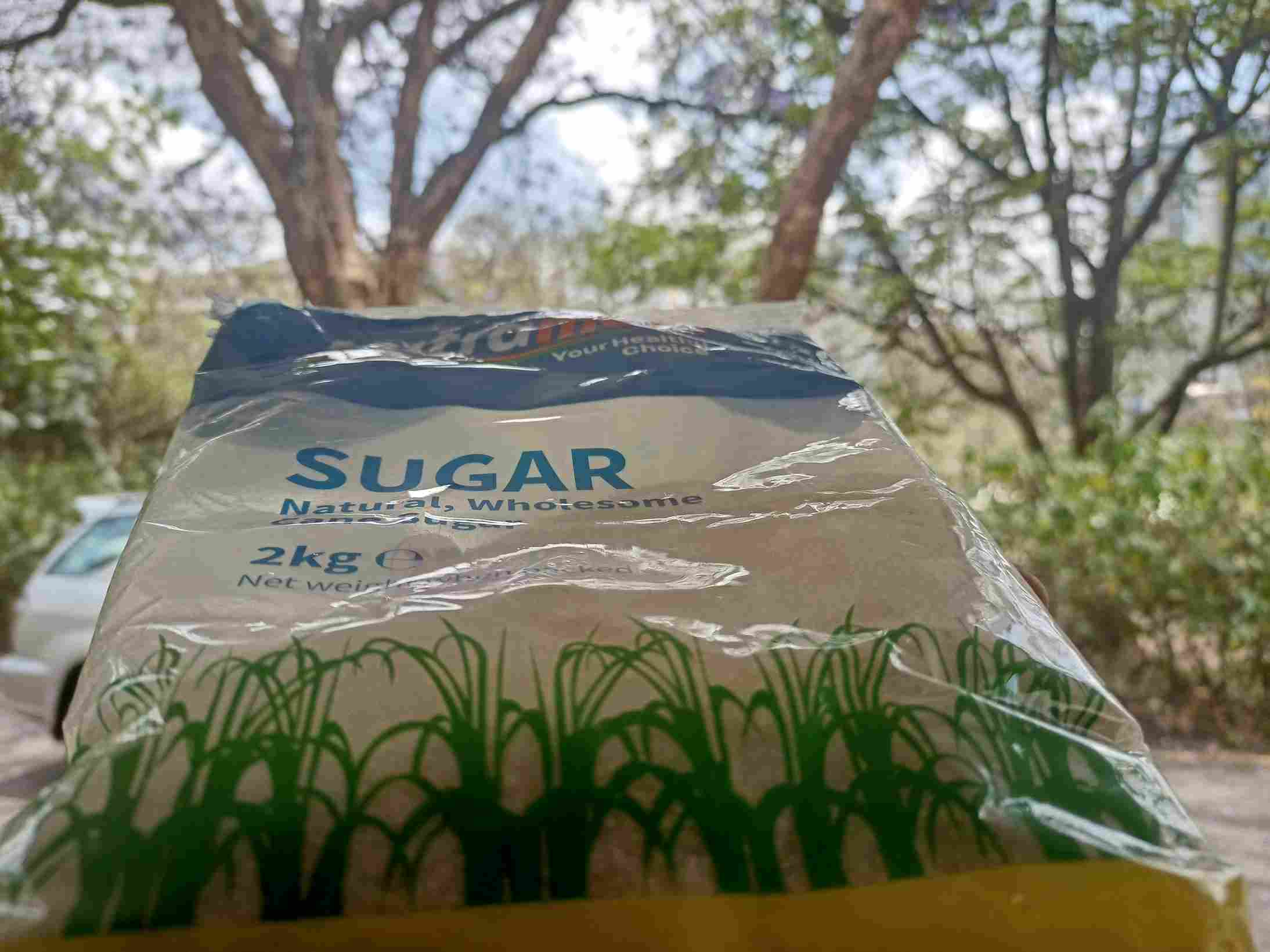The price of sugar has witnessed a continuous rise in Kenya, with a kilo going for up to 170 shillings and a 2Kg packet up to 350 shillings in Nairobi. In some parts of the city, however, residents buy a kilogram at 190 shillings in retail shops.
In other parts of the country, such as Kisumu County, the prices have shot as high as 315 shillings for a 2 kilogram of sugar and 170 shillings for a kilogram packet.
This price check is based on research done by Khusoko at various wholesale and retail outlets, including major supermarkets like Carrefour and Naivas.
Depending on the brand, the cost of the commodity is different in most large shopping outlets. For instance, a 2-kilogram packet of Kabras sugar retailed at 315 shillings, up from as low as 245 shillings in September at Carrefour supermarket.
A 2Kg packet of Nutrameal and Naivas local sugar costs 312 shillings, while a kilo of both brands is being sold at 157 shillings at Naivas Supermarket.
The 50kg bag retails at between 6000 to 8000 shillings across the country. This is an increase from about 5000 shillings two months ago.
Costly sugar comes at a time when the country’s sugar production in August dipped 34 per cent compared to the previous month, attributed to immature canes. A two-kilo of sugar rose by 12 shillings to sell at 300 shilling in September 2022.
Data from the Sugar Directorate showed that total production dropped to 46 459 tons in August from 70 278 tons in July.
Over the last few months, prices of basic household items such as sugar, and edible oil, among others, have been rising, pilling inflationary pressures on consumers.
An increase in commodity prices means that households must dig deeper into their pockets to afford these products.
Kenya’s inflation accelerated to a record high of 9.2 per cent in September from 8.5 per cent in August. The Kenya National Bureau of Statistics (KNBS) data showed the continued increase in the cost of food and fuel and the depreciation of the Kenyan shilling against the dollar.
Under the Common Market for Eastern and Southern Africa (COMESA), Kenya-included members can import up to 350,000 tones.
Kenya imports sugar mainly from Zimbabwe, Mauritius, and Zambia, with Uganda now emerging as the favourite market for the commodity.
Half of the sugar that Kenya imported in August arrived from Uganda, making Nairobi the top consumer of Uganda’s sugar during the month. Data from the Sugar Directorate shows that Uganda exported 9,739 tons of sugar, worth 1.3 billion.
The rising cost of sugar and other commodities has harmed inflation as the food basket is a major driver of the cost of living.




